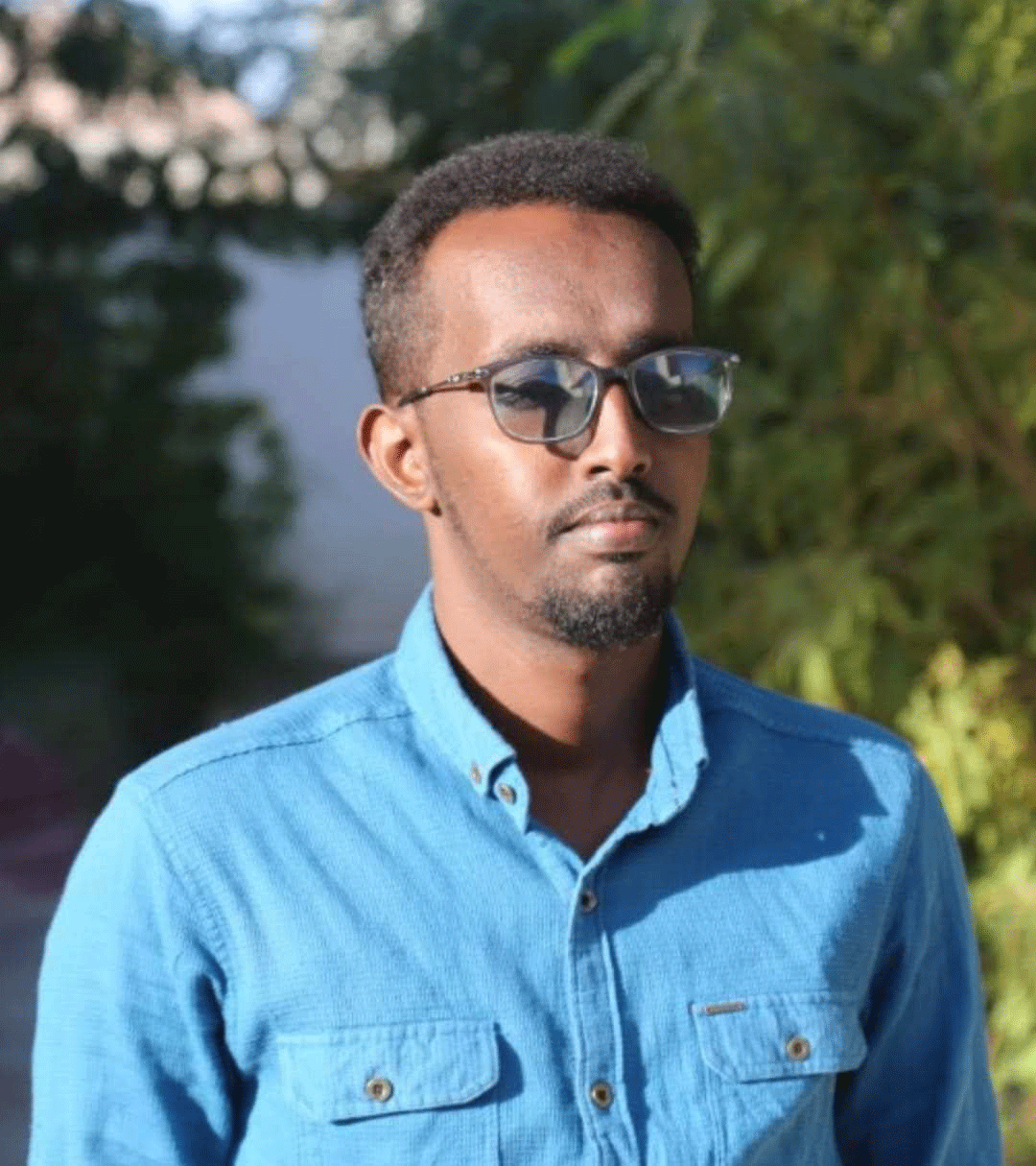Somalia is a country torn by long-lasted civil war. The conflict affects the lives of civilians and the countrywide. Since 1991, Somalia has been in a political mess but the country is gradually recovering which lead reconstruction and little headway though still Somalia is anguishing.
On this editorial, I would point out the jeopardy that Somali people are facing, a danger that is more hazardous than AK47, the terrorist extrajudicial killings and the other menaces. That is counterfeit medicine and the fake-labelled food we consume every single day.
This is certainly vital subject and needs extensive coverage, what I am exposing is based on authenticity but I do toughly grant that this topic deserves more search.
Recurrent conflict has blocked progress towards improving health in Somalia, like other sectors in the nation such as the security, economy, education and the decency of the society.
Somalia mainly imports foods and medicines from these producing states, Pakistan, United Arab Emirates, India, Iran, Oman, China and Egypt. The medicine arriving in Somalia’s territory comes from two main sources by either Somali private companies or International humanitarian organizations. However, the foods come in through many ports and find their way into market; food aid also reaches through these ports and airports.
Somalia lacks Food and Drug Quality Control Authority, which officially scrutinises and inspects the foods and drugs moving into the country. There is no private nor public quality control agency that is operational, which inspects and examines the drugs and foods except ineffective agencies, which operates parts of the country. Only what government reacts to when it senses threat of counterfeit drugs and foods is to appoint a committee that investigates that recent case, but there is no an enduring inspection.
Somalia has been a market for counterfeit foods and drugs for the last two decades meanwhile numerous moneygrubbing and mercenary companies have known, that Somalia has no effective government and benefited this huge market. The nation become a hub for illegal and some world-widely banned foods and medicines.
Fake labelled drugs and false plastic foods such as plastic rice could be easily shipped into the Somalia, which recently seen in many other countries in the continent. In Somalia, It is not strange to see a pill that is entirely made of chalk or ash. Number of people have poisoned after consuming fake labelled and out dated foods, which even results a death but a few able to cognize the side effect of this. These counterfeit foods and medicines endanger the lives of Somalis; identically this hidden tragedy ends the lives of our people without having awareness.
Nurto Hassan is among counterfeit drug victims, she said an interview with Aljazeera English ”the medicine they gave nearly killed me into blisters and white marks, I cannot feel anything if I stepped on fire”. Mostly Pharmacists in Somalia give drugs to patients without a prescription and this can put patient’s life in danger.
Dr Dufle said in a talk with Aljazeera English ”expired and fake medicines have killed more than bombs and rockets, they continue to kill thousands, these drugs are silent killers this worse than bombs because bomb kills ten or twenty people but these drugs can kill hundreds of people and no one will hear about it”.
In Somalia, prevalence of strange diseases is increasing, Cancer rates are growing and these could possibly have direct relationship with counterfeit drugs and forged foods in the market, although other sources might exist. However, this requires a quick mitigation to terminate the hazards of these uncontrolled drugs and foods incoming in the country.
Government of Somalia should promptly establish an authority that regulates the Food and Drug that is arriving the nation’s land at any cost. Certainly, that is expensive and require skilled-trained labours but it is strongly vital. In addition, it is more significant than building infrastructures. Local pharmacist should obtain awareness seminars to boost their knowledge on drug quality control and to interpret physician orders properly. Drug and Food traders should understand the standard and regulations on quality control.
Authored by Mohamed Aidarus
